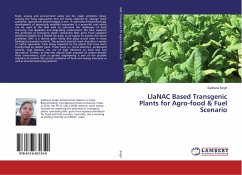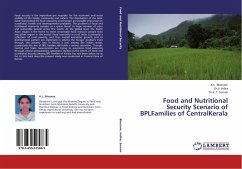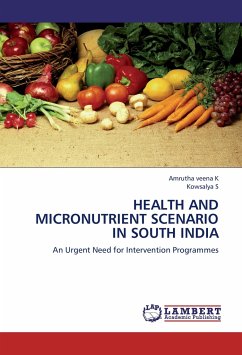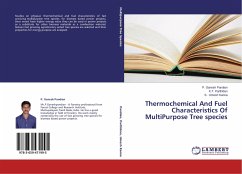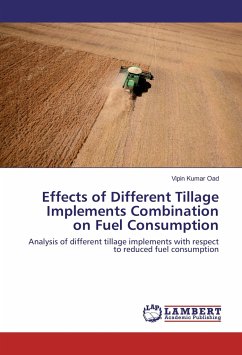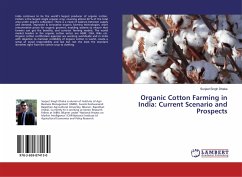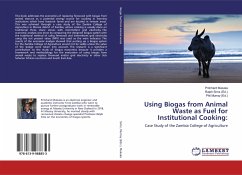Food, energy and environment safety are the major problems today. Among the many approaches that are being explored to manage these problems, agricultural biotechnology is one. In agricultural biotechnology, development of genetically modified organisms is a powerful tool which can be used at the field level to overcome the challenges of food insecurity, fuel depletion and degrading environment. We have explored the potential of transgenic plants containing NAC gene from Lepidium latifolium (LlaNAC) to a limited lab scale, as an option to answer the above problems. NAC is a diverse gene family that plays crucial roles in many biological processes in plants. The present research work describes a variety of useful agronomic traits being imparted to the plants that have been transformed by LlaNAC gene. These traits i.e., stress tolerance, accelerated growth, high biomass, etc. are of high relevance to food and fuel agriculture. Further, as they also absorb large amounts of carbon dioxide from environment, such as genetic engineering is one of the possible solutions to counter the current problems of food and energy insecurity as well as environmental degradation.
Bitte wählen Sie Ihr Anliegen aus.
Rechnungen
Retourenschein anfordern
Bestellstatus
Storno

